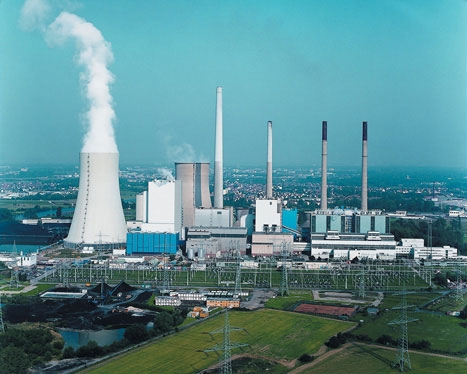
The Energy Technologies Institute (ETI) says that by co-locating demonstration projects and harnessing economies of scale, initial cost reductions could be achieved without creating new CCS technology. According to the institute, gains made by utilising shared infrastructure are potentially greater than those that will be made from technology advances in the near future.
“The high capital cost of CCS means technology risks have to be carefully managed,” said report author and ETI CCS strategy manager Den Gammer. “But initial cost reduction can be achieved without creating new capture technology platforms by making use of economies of scale, sharing infrastructure and through physical demonstration. CCS uses proven technologies which need to be combined into new value chains.”
Many believe that investment in CCS technology and demonstration is vital to secure the UK’s energy security while at the same time delivering on carbon emissions targets. In February, a cross-party report was highly critical of the government’s decision last year to scrap its £1bn funding project for CCS development. However, others believe the technology is too costly and as yet unproven.
According to the ETI, investment is a series of co-located demonstration sites could almost half the costs of CCS in the short term, with technology innovation playing a more prominent role in cost reduction from around 2030.
 Click to enlarge (Credit: ETI)
Click to enlarge (Credit: ETI)
“Our analysis shows that cost reduction through sequential deployments of existing technology can drive down costs by as much as 45 per cent, largely through a combination of economies of scale, infrastructure sharing and risk reductions through deployment.”
“Investment in anchor projects provides a transport and storage infrastructure for subsequent projects to build on and paves the way for the introduction of higher risk emerging technologies once the overall CCS risk is reduced.”
The ETI is a public-private partnership that sees the UK government working alongside companies such as BP, Caterpillar, Rolls-Royce and Shell. Its stated aim is to accelerate the development of low carbon technologies. The institute’s full report can be viewed here.




Red Bull makes hydrogen fuel cell play with AVL
Surely EVs are the best solution for motor sports and for weight / performance dispense with the battery altogether by introducing paired conductors...